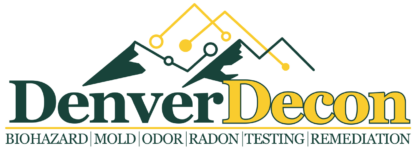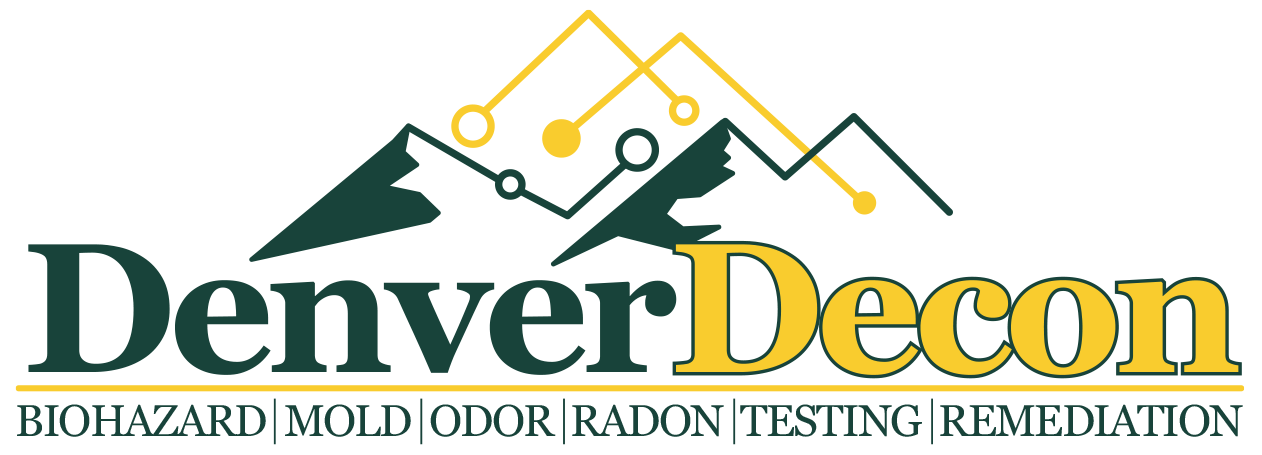Mold Testing Service for Home & Business in Denver, Colorado
Quality Mold Inspection & Testing Services Near Denver, Colorado
The Six Most Common & Hazardous Molds Found in a Contaminated Home
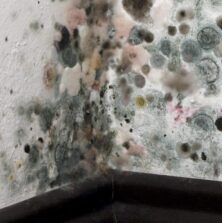
Strachybotrys (Black) Mold
Stachybotrys mold is a type of black mold that thrives in
damp and humid environments. It has a distinct musty odor and can appear slimy or powdery in texture. Stachybotrys mold releases toxic spores that can cause respiratory issues, headaches, fatigue, and skin irritation. Prolonged exposure
to Stachybotrys mold can lead to more serious health problems, such as respiratory infections and neurological issues. It is important to address any signs of Stachybotrys mold growth immediately to prevent further health risks.
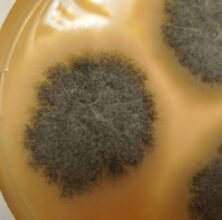
Chaetomium Mold
Chaetomium mold is typically green, brown, or black in color
and has a dusty appearance. It thrives in damp and humid environments, such as basements, attics, and bathrooms. Chaetomium mold produces a musty odor and can cause respiratory issues, skin irritation, and allergic reactions in humans. In severe cases, exposure to chaetomium mold can lead to chronic lung conditions and other health problems. It is important to address and remove chaetomium mold promptly to prevent further health risks.
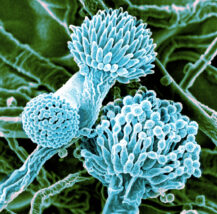
Aspergillus Mold
Aspergillus is a common type of mold that can be found
indoors and outdoors. It typically thrives in damp or humid environments and can grow on a variety of surfaces, including walls, ceilings, and food. Aspergillus mold can produce harmful spores that, when inhaled, can cause
respiratory issues such as coughing, wheezing, and difficulty breathing. In people with weakened immune systems, leading to a more serious infections, including aspergillosis, which can be life-threatening if not treated promptly.
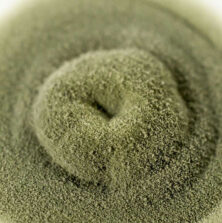
Alternaria Mold
Alternaria mold is a common type of mold that is often found
in damp or humid environments, such as bathrooms, basements, and kitchens. It is known for its dark green or black color and can produce a musty odor. It can cause a variety of health problems, especially for individuals with weakened immune systems or respiratory conditions. Exposure to alternaria mold can lead to symptoms such as coughing, wheezing, sneezing, and skin irritation. Remove
alternaria mold promptly to prevent further health risks.
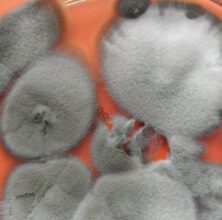
Cladosporium Mold
Cladosporium mold is a common type of mold that can be found both indoors and outdoors. Black or greenish spots and can spread quickly in damp and humid environments. Cladosporium mold can cause allergic reactions in some people, including symptoms like coughing, sneezing, and skin irritation. In more severe cases, prolonged exposure to Cladosporium mold can lead to respiratory issues and aggravate conditions like asthma. Proper ventilation, moisture control, and regular cleaning can help prevent the growth of Cladosporium mold.
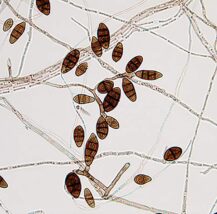
Ulocladium Mold
Ulocladrium mold is a type of mold that typically grows in
damp or humid environments. It is known for its greenish blackish color and can often be found along walls, ceilings, and other surfaces that have been exposed to moisture. The main dangers of ulocladrium mold is its ability to cause respiratory issues such as coughing, wheezing, and even more severe health problems, especially to those with weakened immune systems. It is important to remove ulocladrium mold promptly to avoid potential health risks.
What You Can Expect in Our Mold Testing Protocol:
We begin our collection process with a sample collection of the air outside of your home. This will help us to determine the degree to which the air outside your home may be impacting the IAQ. This is especially true when testing for VOC's and certain types of allergy triggers.
We then turn our attention to sampling your home or business's air and horizontal surfaces - where airborne particles are likely to land. In the case of visible mold, we will collect from those surfaces, and allergens, we will sample from a variety of hard and soft surfaces.
The samples will then be delivered to a certified and broadly capable laboratory, where the air sampling cassettes and surface swab or tape test samples will be analyzed in sterile conditions. Each air and surface test will be reported accurately and compared to baseline.
We will then either return or send the results of your test to you by email. We will provide you with the means of interpreting the results in view of your family or customers' health, and make recommendations as to the best course for correction and remediation.

DenverDecon.com | TeamworkHVAC.com | Teamwork.Odor-Pros.com
Denver Decon LLC | A Division of Teamworks Mechanical Services
Northglenn, Colorado 80233
info@denverdecon.com | O: 720.825.2130 | C: 720.329.7769
DenverDecon.com is Copyright© 2024 by Denver Decon LLC, a Division of Teamworks Mechanical Services | Site Built and Maintained by Pilgrim Consulting & Design

